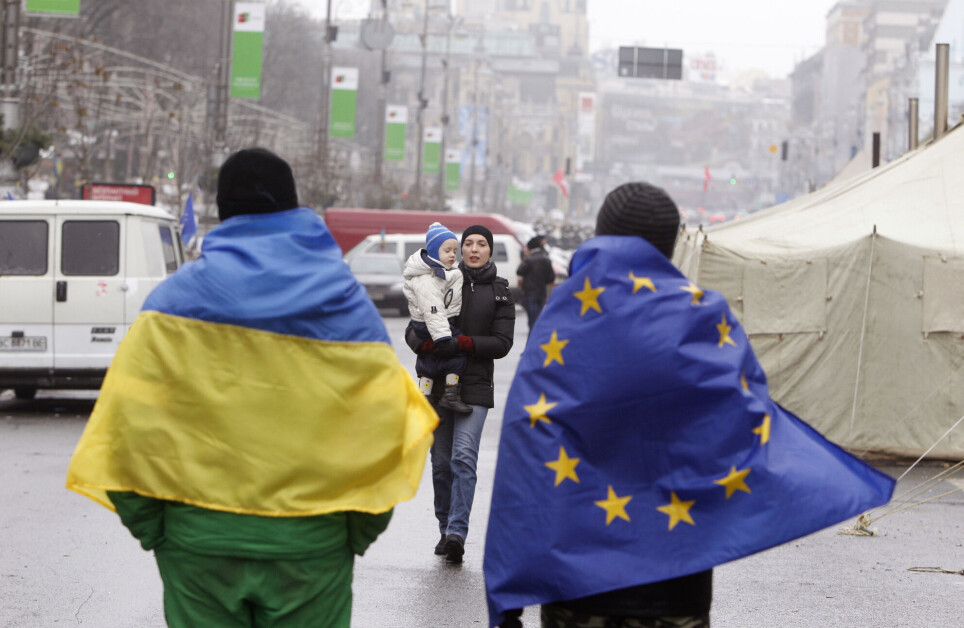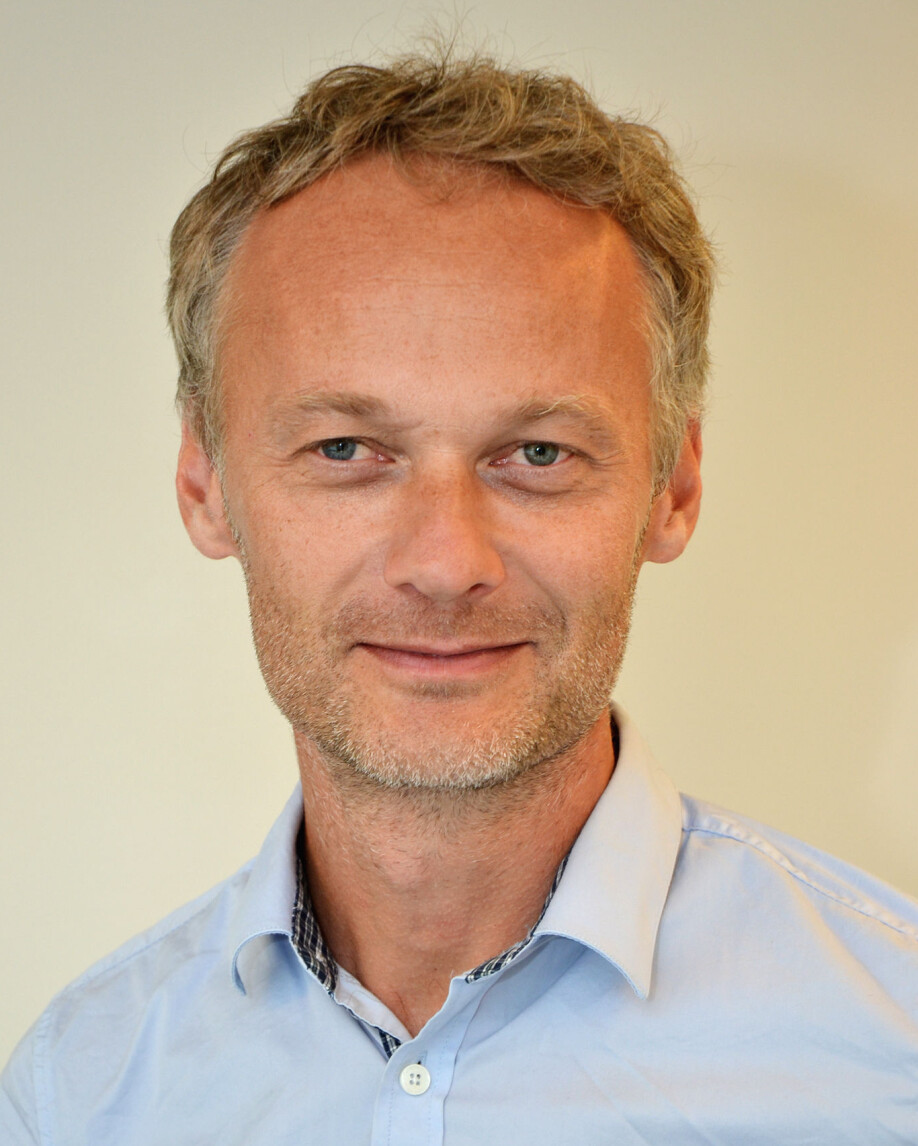THIS ARTICLE/PRESS RELEASE IS PAID FOR AND PRESENTED BY THE University of Agder - read more

“The Ukraine war has increased the pace in the EU"
EU expert and professor Jarle Trondal thinks that the union can emerge stronger from this year, even though the war in Ukraine and high energy prices have challenged Europe.
“The EU has been much quicker at making decisions and initiating new measures over the last year,” Jarle Trondal says.
He is an EU expert and professor at the University of Agder (UiA).
Trondal says the EU was quick to send military equipment to Ukraine when the war broke out in February. It was also quick to grant Ukraine the status of candidate for EU membership.
By comparison, it took two years for Norway to gain EU candidate status in 1994 (1992-94).

The EU reacted quickly
“It usually takes the EU from two to ten years to accept a country as an EU candidate. This time the EU was determined. Ukraine was quickly informed that the country could apply for membership,” Trondal says.
This is how he sums up the developments in the EU over the past year:
- An increased pace in considering energy and foreign policy issues
- Increased integration among EU organisations
- The EU’s foreign and security policy has become more pronounced
- New energy policy initiatives from the EU, including proposals to cap prices for electricity. A more active role as a coordinator and purchaser of energy for its member states
The EU is developing new policies
“It is too early to draw firm conclusions. But we know from the past that the EU develops new policies in turbulent times. The EU adapts and emerges stronger from the challenges,” he says.
Trondal has carried out several studies on how sudden and extensive changes affect the EU.
“As a researcher, it is interesting to study crises. Everything moves faster and crises reveal whether an organisation is resilient or not. Crises show what changes the EU can tolerate and how changes are handled,” he says.
Emerging stronger from difficult times
The professor says that the EU was created by a crisis, so to speak, from its establishment in 1952 against the backdrop of the Second World War.
In recent years, the EU has emerged stronger from multiple overlapping crises: the financial crisis, the migration crisis, Brexit, the pandemic and the democratic decline in Poland and Hungary.
“Crises tend to strengthen the cohesion and integration between the countries of the EU. The pandemic is barely over, and the consequences have not yet been assessed, and once again the EU and Europe are knee-deep in new challenges,” Trondal says.
Crises drive and fuel the EU
The professor says that crises are what drives and fuels the EU system.
“During the financial crisis and the pandemic, the EU developed policies in the areas of finance and health, and enhanced the cooperation and integration among its 27 member states,” Trondal says.
Now, the Ukraine war and the energy crisis are the challenges that must be faced. Trondal says it is too early to conclude how they will affect the EU. But he points to moves that show that the EU has already changed.
“The EU has a much clearer position as a foreign policy and security actor now, and that has happened very quickly. And the President of the European Commission, Ursula von der Leyen, has also stepped forward to make it possible for the EU to make common energy purchases,” Trondal says.
The EU takes on new tasks
At the start of the pandemic, many people thought that the EU reacted too late. Trondal, on the other hand, points out that the EU had no mandate to act any other way.
“The point is precisely that a crisis opens up areas for the EU to develop new policies and new strategies. EU countries delivered a coordinated response only after the pandemic had been going on for a while. That is when joint solutions were introduced for vaccination, logistics and other actions related to the pandemic,” Trondal says.
He notes that sectors such as health and defence are usually the last areas of responsibility that countries are willing to give up.
“Every state is responsible for the health and safety of its citizens. But these crises have shown that the EU can develop policies and play a key role in these areas too,” says Trondal.
References:
Ansel et al. (eds) 'Governance in Turbulent Times', Oxford University Press, 2016. Abstract.
Riddervold et al. (eds) 'The Palgrave Handbook of EU Crises', Palgrave Macmillan, 2021. Abstract.
Trondal et al. 'Complexity, resilience and public governance in times of turbulence', Governing Complexity in Times of Turbulence, 2022. D 10.4337/9781800889651.00011 Abstract.

This article/press release is paid for and presented by the University of Agder
This content is created by the University of Agder's communication staff, who use this platform to communicate science and share results from research with the public. The University of Agder is one of more than 80 owners of ScienceNorway.no. Read more here.
See more content from the University of Agder:
-
Fear being rejected: Half pay for gender-affirming surgery themselves
-
Study: "Young people take Paracetamol and Ibuprofen for anxiety, depression, and physical pain"
-
Research paved the way for better maths courses for multicultural student teachers
-
The law protects the students. What about the teachers?
-
This researcher has helped more economics students pass their maths exams
-
There are many cases of fathers and sons both reaching elite level in football. Why is that?




































